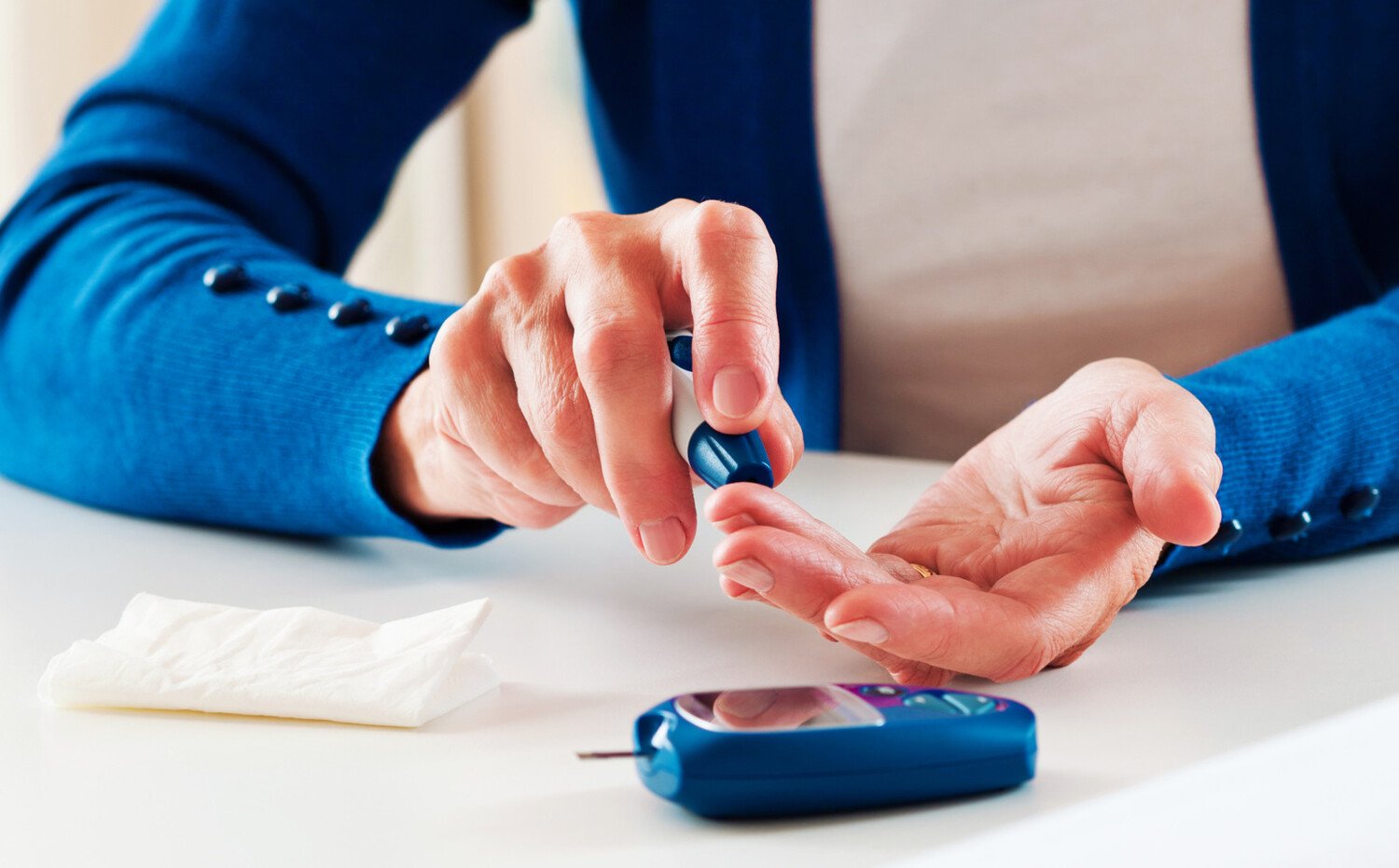New method may enable early prevention of type 1 diabetes

Researchers at Karolinska Institutet, KTH Royal Institute of Technology and SciLifeLab have developed a new method for detecting early signs that the disease type 1 diabetes is going to develop. The study, conducted in an experimental model, shows that analysing tiny amounts of blood can reveal disease-causing changes in the body, thereby enabling early treatment and disease prevention. The results have been published in the journal Diabetologia.
Type 1 diabetes is an autoimmune disease in which the body's own immune system attacks the insulin-producing beta cells in the pancreas. The disease often develops gradually, and early biological changes can be difficult to detect. In the current study, researchers investigated whether frequent micro-sampling of blood – repeated blood tests using very small volumes – can reveal such changes at an early, presymptomatic stage of the disease.
Measures the presence of different proteins in the blood
In the study, mice were infected with Coxsackievirus, a virus suspected of triggering type 1 diabetes. Over the following two weeks, blood samples were taken at regular intervals (from every few days to daily) and stored as small, dried blood spots on filter paper. The dried blood spots were analysed using advanced proteomics, a technique that measures the presence of different proteins in the blood.
The results showed that several proteins changed rapidly after infection, alterations that would not have been detected if there had been less frequent sampling. The study is the first step towards establishing a method for the early detection of type 1 diabetes in humans to enable intervention before the disease manifests.
Can enable frequent testing at home

"Our hope is that this cost-effective technique, which involves taking small samples of blood that are dried and stored at room temperature, can be used for regular testing at home. This would make it easier to monitor the progression of the disease in people who are at high risk of type 1 diabetes," says Malin Flodström-Tullberg, professor at the Department of Medicine, Huddinge, Karolinska Institutet.
Using machine learning, the researchers were also able to predict with great accuracy whether an animal had become infected just two days after infection with the virus. This early identification made it possible to provide a treatment, which completely prevented the animals from developing diabetes.
A method presenting both practical and ethical benefits
The method also represents a significant advance for research involving laboratory animals. As the method only requires very small amounts of blood, researchers can take samples from the same animal on multiple occasions without causing any adverse outcomes. This means that fewer animals need to be used in studies, which is better from both an ethical and practical point of view. The method follows the so-called 3R principles – to replace, reduce and refine the use of animals in research – and can be used in many different research areas where biological changes over time need to be monitored.
Malin Flodström-Tullberg led the study together with Jochen M. Schwenk, researcher at KTH and SciLifeLab. The research was funded by the Swedish Research Council, the Novo Nordisk Foundation, the Swedish Childhood Diabetes Foundation and the Swedish Diabetes Foundation, among others. Some of the researchers have links to companies that develop micro-sampling technology, which is disclosed in the article.
Publication
Frequent longitudinal blood microsampling and proteome monitoring identify disease markers and enable timely intervention in a mouse model of type 1 diabetes, Anirudra Parajuli, Annika Bendes, Fabian Byvald, Virginia M. Stone, Emma E. Ringqvist, Marta Butrym, Emmanouil Angelis, Sophie Kipper, Stefan Bauer, Niclas Roxhed, Jochen M. Schwenk, Malin Flodström‑Tullberg, Diabetologia, online 4 August 2025, doi: 10.1007/s00125-025-06502-7.
